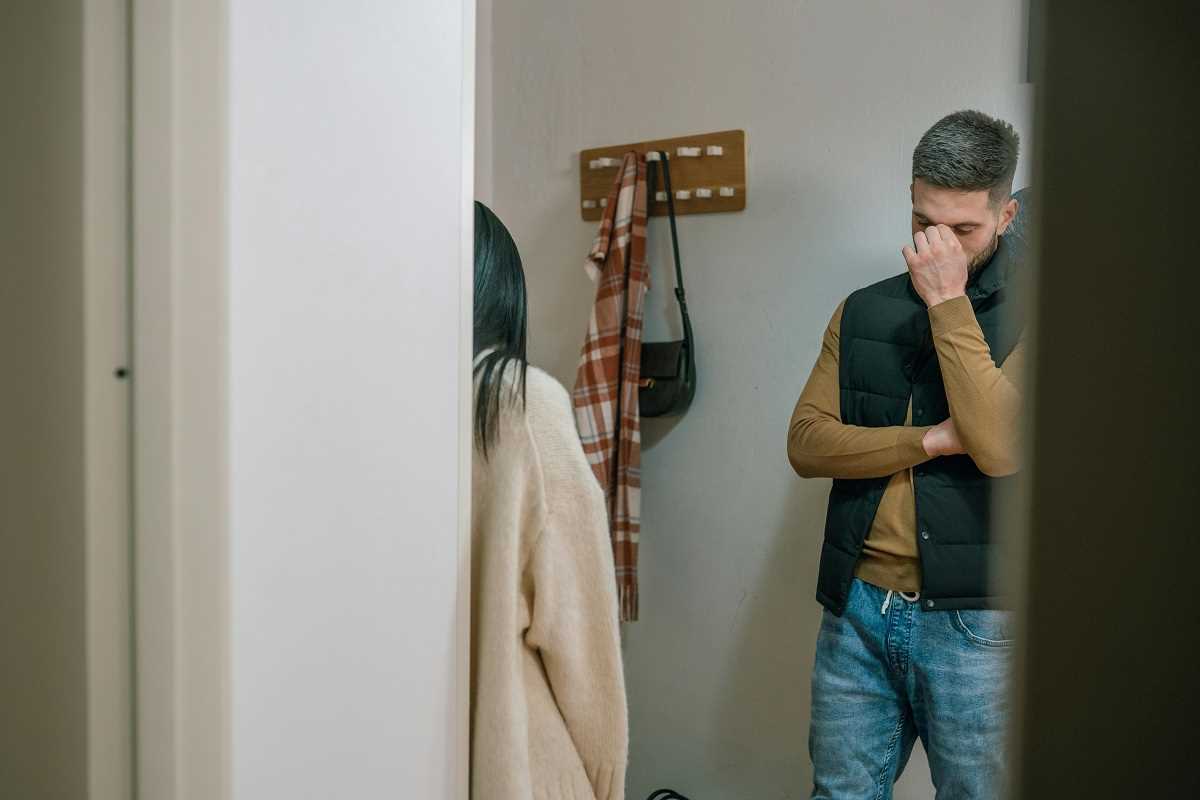When you’re in love, it’s natural to want to spend every waking moment together. Sharing life’s little moments, laughing at inside jokes, and cherishing each other’s company feels magical. But is there such a thing as too much time together? While closeness is essential for a strong relationship, spending excessive time with your partner could eventually strain your connection.
Finding balance between togetherness and individuality is key to keeping your relationship healthy, vibrant, and fulfilling. If you’ve been wondering whether even love can come with too much time, here’s what you need to know about the potential downsides and how to nurture both your relationship and yourself.
The Potential Downsides of Too Much Time Together
While spending time with your partner is one of the building blocks of intimacy, there can be downsides when it starts to dominate your life. Here are the challenges to watch out for when every hour seems to revolve around your relationship:
1. Loss of Individuality
When you’re constantly together, your sense of self may start to fade. You might begin to prioritize your partner’s interests, routines, and decisions over your own. Over time, the things that make you uniquely you can get overshadowed.
For example, hobbies or social connections you once valued might take a backseat. You may find yourself asking, “Who was I before this relationship?” This loss of individuality can lead to feelings of stagnation or even resentment down the line.
2. Increased Conflict
No matter how compatible two people are, spending all your time together can naturally lead to increased tension. Without space to cool off or reflect, small disagreements can escalate into bigger conflicts.
Imagine a situation where your partner’s habits or quirks begin to irritate you. Without breaks to recharge or breathe, these annoyances can feel magnified. Constant interaction leaves less room for perspective, making it harder to approach conflicts with patience and understanding.
3. Emotional Burnout
Relationships demand energy. When you spend too much time together, emotional burnout can occur. Even the happiest couples may feel emotionally drained when their lives are completely intertwined without room for individual self-care.
Over-immersion in your partner’s world might make it harder to enjoy the moments you do share. The joy and excitement of being together can diminish, leaving you feeling unmotivated to nurture the connection.
4. Reduced Quality of Time Together
Ironically, spending excessive time with your partner doesn’t always equate to better intimacy. Instead, time spent together can start to feel like a routine or obligation rather than something you cherish.
Without moments apart to miss each other or bring fresh experiences to the table, you could feel as though your relationship has settled into monotony.
Striking a Healthy Balance
Balance is the keyword when it comes to fostering a healthy, lasting relationship. Achieving it requires a mix of self-awareness, communication, and a willingness to prioritize personal independence alongside togetherness. Here are some steps you can take to find that sweet spot:
1. Maintain Personal Hobbies and Interests
One of the easiest ways to maintain independence is by carving out time for the activities and passions you love. Reconnect with hobbies that energize you, whether it’s painting, hiking, reading, or learning a new skill.
Personal hobbies not only give you time to recharge but also add dimension to your relationship. Sharing stories or achievements from your solo pursuits can spark fresh conversations, strengthening the connection.
For instance, while one partner takes a dance class, the other could explore photography. When you reunite, you’ll have new experiences to discuss and celebrate together.
2. Foster Relationships Outside the Partnership
While your partner might feel like your favorite person, it’s crucial to maintain connections with other people. Friendships, family bonds, and professional relationships contribute significantly to personal fulfillment.
Scheduling regular meetups with friends or attending family events without your partner can help you maintain a well-rounded social life. This also gives you time to grow individually, which naturally enhances how you show up in your relationship.
Having a strong support network outside of your partnership reminds you that your partner doesn’t need to fill every role in your life.
3. Communicate Your Needs Clearly
Open and honest communication is essential for establishing balance. Talk to your partner about your desire to carve out time for individual pursuits and ask about their needs too.
For instance, you might say, “I think it would be nice if we each had some ‘me time’ during the week to focus on personal interests. What do you think?” When framed as a shared goal rather than a critique, conversations like this can help build mutual understanding and pave the way for balance.
Encourage your partner to pursue their own interests too. A thriving relationship involves two individually fulfilled people supporting each other.
4. Set Boundaries Around Togetherness
Boundaries often get overlooked in romantic relationships, but they’re just as important here as in any other area of life. Setting boundaries around how much time you spend together can help preserve both romance and independence.
For example, you might decide to keep certain weekdays or weekends for personal projects or social commitments. The key is to respect each other’s personal space and avoid guilt-tripping when one of you needs alone time.
Healthy boundaries don’t signal disconnection; they represent a mutual commitment to personal growth and shared happiness.
5. Prioritize Quality Over Quantity
It’s not about how much time you spend together but how meaningful that time is. Instead of constantly being in each other’s presence, focus on creating intentional, joyful moments that bring you closer.
Plan date nights, explore new activities as a couple, or simply dedicate time to really talk and connect, free from distractions. Studies consistently show that couples with high-quality interactions report higher satisfaction levels in their relationships, even if they don’t spend every waking moment together.
6. Pursue Personal Growth
Investing in your own growth feeds directly into the health of your relationship. Taking time to work on your aspirations, education, or personal development not only boosts self-confidence but also deepens the dynamic between you and your partner.
When both people are growing individually, they have more to contribute to the relationship. Whether it’s reading books that inspire you, starting a fitness routine, or pursuing new career goals, personal growth lays the foundation for a stronger bond.
Why Alone Time Leads to Stronger Relationships
Contrary to popular belief, alone time isn’t the enemy of romance. Instead, it’s a chance to recharge, reflect, and return to the relationship with fresh energy.
Having time apart creates breathing room to nurture your sense of self, which is crucial for maintaining mutual respect and admiration. It also creates space to miss each other, which often reignites excitement and deepens appreciation for the partnership.
In fact, many psychologists agree that a healthy balance of separation and togetherness fosters the resilience and adaptability needed to help relationships thrive over time.
Spending time together is one of the great joys of a loving relationship, but too much of a good thing can sometimes backfire. If you’ve noticed signs of tension, emotional exhaustion, or a loss of individuality, it might be time to rethink your balance.
 (Image via
(Image via





